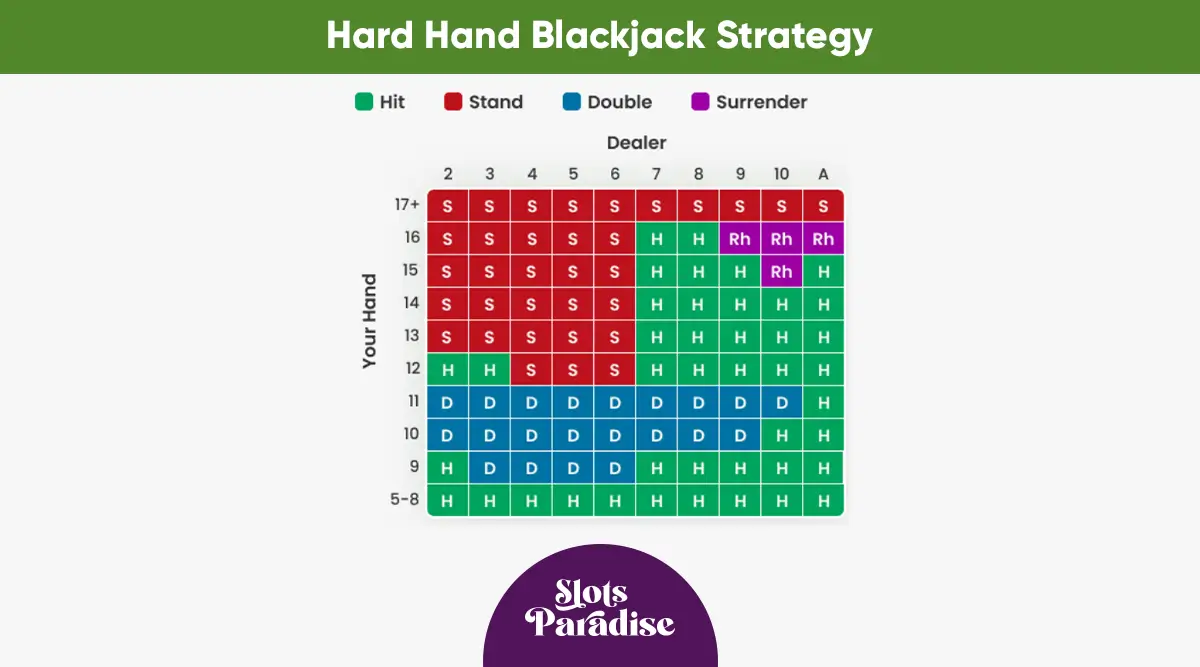Behind the flashy interface of an online casino packed with hundreds of games and instant crypto payments lies the real engine of the business: its software architecture. This invisible layer determines how stable, scalable, and secure a platform will be. For players, it means no interruptions; for operators, it’s about delivering a smooth, reliable experience.
Modern crypto casinos are built on three fundamentals: modularity, APIs, and integrations. Let’s break down why these elements define a project’s success — and how solution providers like BigiGameSoft are shaping the future of the industry.
Modular Architecture in Crypto Casinos
Modularity means building a system where each feature exists as an independent component. In crypto casinos, that could be a payment gateway, a bonus engine, a game server, or an analytics dashboard — all evolving separately, but fitting together like parts of a single ecosystem.
Why it matters:
- Flexibility. Swap out one crypto payment service for another without rebuilding the entire platform.
- Scalability. When traffic spikes, you only scale what’s needed — say, analytics servers — instead of the whole system.
- Resilience. If one module goes down, the others keep running.
Operators usually face two choices:
- Custom development with a crypto casino developer. Every module is built from scratch to meet specific needs. Maximum flexibility, but longer timelines and bigger budgets.
- Turnkey crypto casino solution. Faster launch with preconfigured modules that can be adapted to a brand. Downsides: less customization and long-term flexibility.
The Role of APIs
If modularity is the skeleton, then APIs are the bloodstream of a crypto casino. They allow different modules to talk to each other and keep the system running as a whole.
Where APIs are critical:
- Crypto processing. Connecting Bitcoin, Ethereum, USDT and other currencies through third-party providers.
- Game engines. Integrating slots, live dealer games, or crash titles from multiple studios.
- KYC/AML. Verifying players and screening transactions for compliance.
- CRM. Feeding behavioral data into customer retention systems.
Why an API-first approach works:
- Faster integration of new services;
- Less manual coding and patchwork fixes;
- A consistent security standard across all connections.
Integrations: From Payments to Analytics
Integrations act as bridges between the casino and external services. In the crypto space, they’re especially important because you’re dealing with decentralized networks and digital wallets.
Core integrations for crypto casinos:
- Payment gateways. Multi-currency wallets, instant deposits and withdrawals.
- Game providers. The wider the catalog, the better player retention.
- Fraud prevention tools. Monitoring suspicious transactions and multi-account abuse.
- Analytics. Tracking LTV, ROI, and behavioral patterns. Without analytics, a casino is essentially blind to where it’s leaking money.
Choosing the Right Software
There’s no shortage of iGaming vendors, each offering a different balance between out-of-the-box solutions and customization.
BigiGameSoft, for example, delivers flexible crypto casino solutions with API-driven integrations. Their setups allow operators to:
- launch platforms with built-in crypto payment support;
- plug in game providers with minimal dev work;
- configure bonus systems without rewriting code.
In practice, most operators and crypto casino developers mix both approaches: using a ready-made framework and layering custom features on top. It’s faster, cheaper, and still leaves room for brand-specific innovation.
The Future of Crypto Casino Tech
The crypto gambling market is evolving fast, and the underlying architecture is becoming more sophisticated.
Emerging trends:
- NFT modules. Player personalization through tokenized accounts and in-game assets.
- DeFi elements. Using smart contracts for wagers and payouts to boost transparency.
- Web3 integrations. Direct wallet connections, DAO-style governance mechanics.
- Advanced analytics. Systems that predict player behavior based on blockchain transactions and large-scale data analysis.
Conclusion
A crypto casino is much more than its front-end design or game catalog. The real foundation is its architecture: modularity for flexibility, APIs for connectivity, and integrations for a fully functioning ecosystem.
The right approach depends on the goal: custom development with a crypto casino developer makes sense for unique concepts, while a turnkey crypto casino solution is ideal for a quick market entry. Providers like BigiGameSoft show that the future belongs to platforms that combine security, scalability, and ease of integration.
In crypto gambling, the winners are the ones who invest in a solid technical backbone. Everything else is just timing and creativity.





